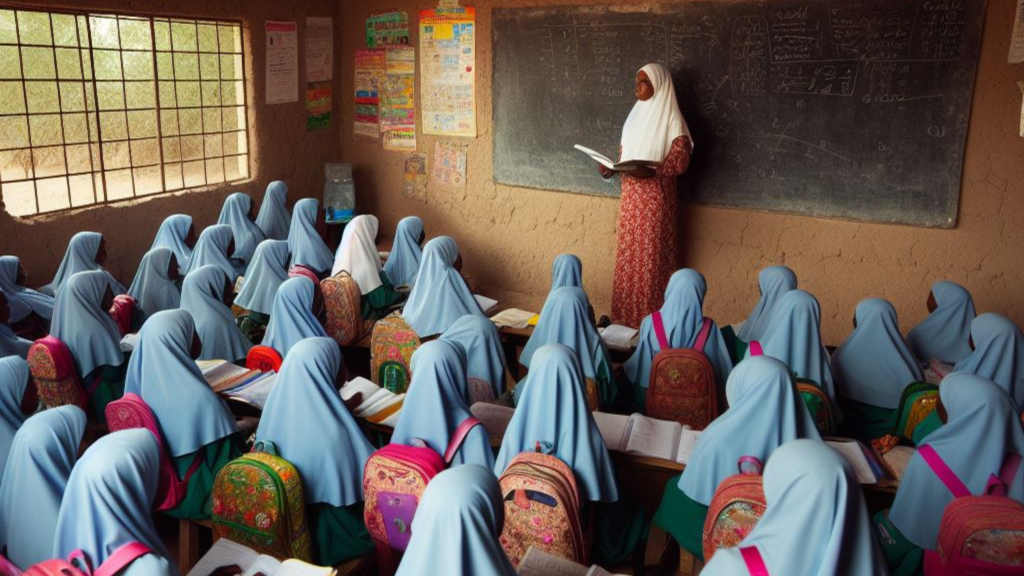Empowering Futures or Perpetuating Norms? The Nuanced Reality of Mass Weddings for Orphaned Girls in Nigeria

In a recent development, Abdulmalik Sarkin-Daji, the Speaker of the Niger House of Assembly, announced a plan to marry off 100 orphaned girls who lost their parents due to banditry attacks in the Mariga Local Government Area (LGA), Niger State, Nigeria. The Speaker announced this as part of his constituency project and will cover all expenses, including dowries, for the mass wedding scheduled for May 24 in Bangi, Mariga LGA. While this initiative is presented as a charitable gesture, covering all dowries and wedding expenses, it is essential to critically evaluate and ultimately condemn this approach in favour of more empowering and sustainable solutions—specifically, quality education.
The devastating impact of banditry in Mariga has left many families broken and children vulnerable. In response, Speaker Sarkin-Daji’s mass wedding project may appear as an immediate relief measure, providing these orphaned girls with a semblance of security. However, such initiatives often mask the deeper issues at play and fail to address the root causes of vulnerability and poverty. Marrying off young girls as a form of protection or societal acceptance is a short-sighted solution that disregards their potential and autonomy.
Instead of providing a pathway to empowerment, mass weddings can perpetuate harmful societal norms and limit the future prospects of these girls. Marriage should not be used as a tool for social stability at the expense of girls’ education and personal development. It is imperative to recognise these girls not merely as victims to be managed but as individuals with the potential to lead and transform their communities if given the right opportunities.
At EMTAG Foundation, we firmly believe that education is a fundamental human right and a basis for lasting change. By prioritising education, we equip young girls with the tools they need to break the cycle of poverty and violence, offering them the chance to build independent and fulfilling lives. We strongly condemn the mass wedding initiative as it prioritises a superficial solution over a substantive one. Real and lasting change comes from addressing the systemic issues that lead to such vulnerabilities in the first place. This includes ensuring access to quality education, healthcare, and social support systems that empower girls to make informed choices about their futures.
Our advocacy at EMTAG Foundation is rooted in the belief that education is the most powerful catalyst for change. Educated girls are more likely to contribute to their communities, support their families, and participate in decision-making processes. They become role models and leaders who can drive social and economic progress.
We deeply appreciate the top voices condemning this plan, especially the voice of the Minister of Women Affairs, Uju Kennedy-Ohanenye who has strongly condemned this plan and filed a case against the Niger Speaker. We call on more people, policymakers, community leaders, and organisations to reject quick fixes like mass weddings and instead invest in comprehensive support systems that prioritise the education and holistic development of these girls. This includes creating safe learning environments, providing scholarships, and implementing policies that protect the rights of girls.
It is time to reimagine our approach to supporting vulnerable children in Nigeria. By prioritising education and sustainable development, we can create a future where every girl has the opportunity to thrive, free from the constraints of forced or early marriage.
Written by Solace Ojotule Okeyi